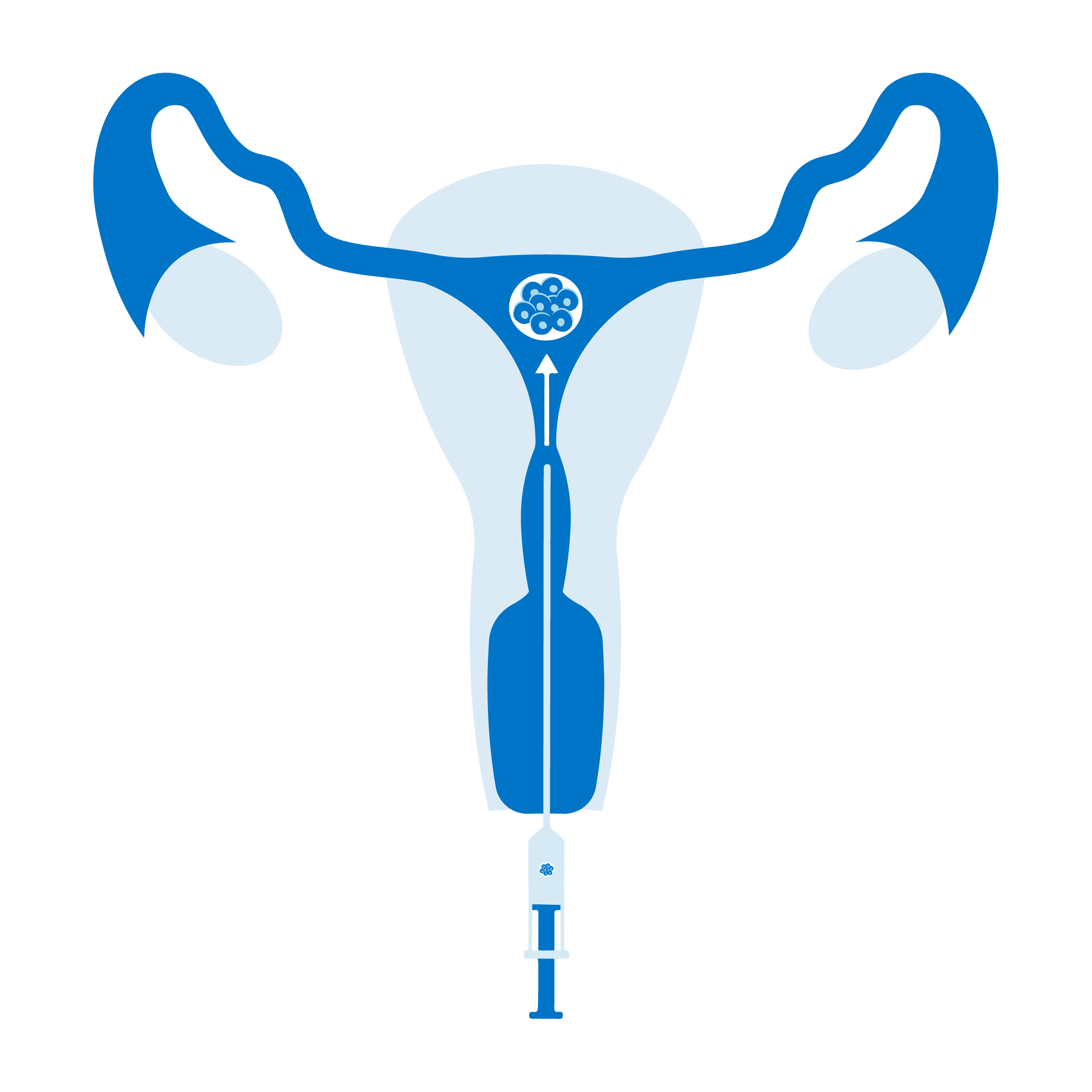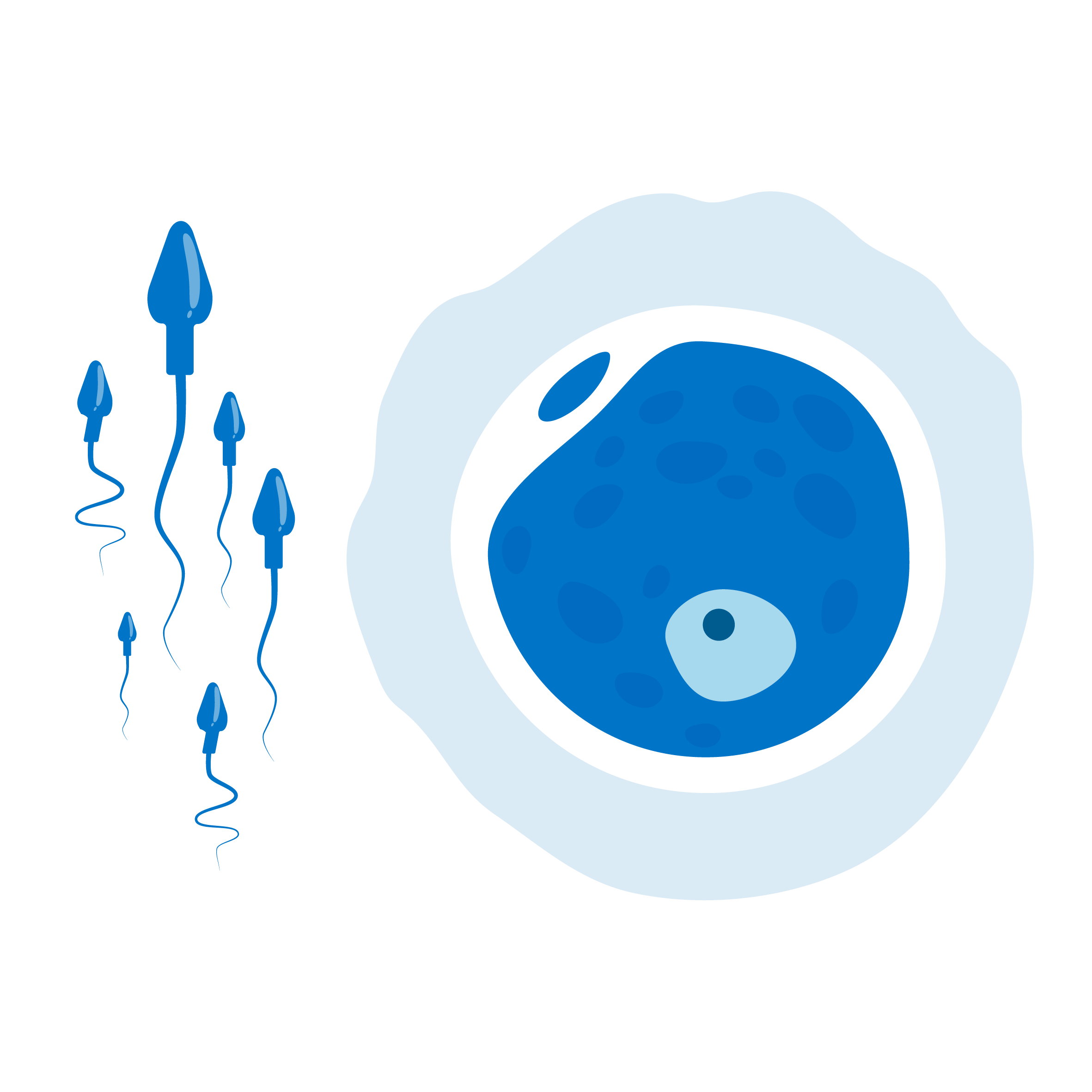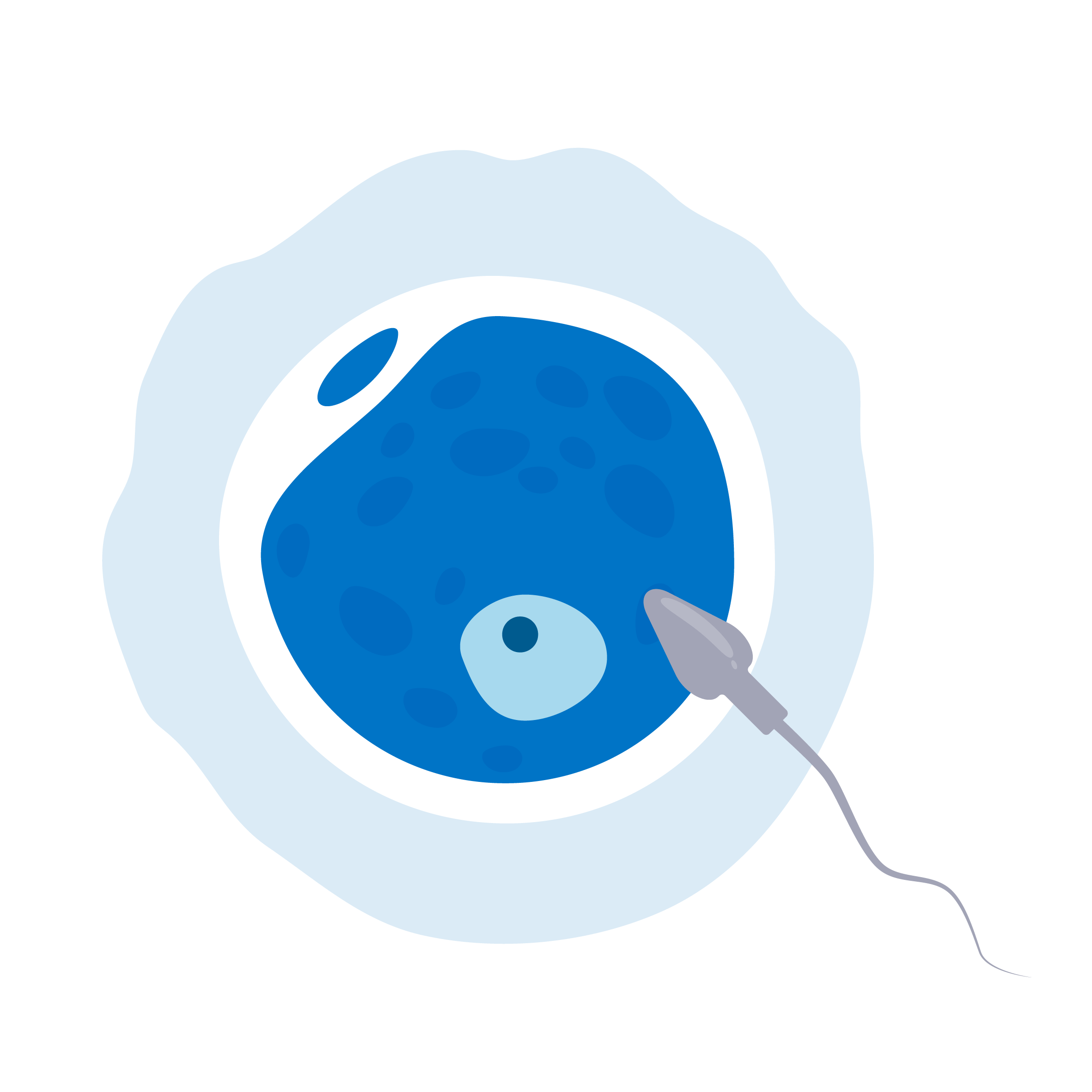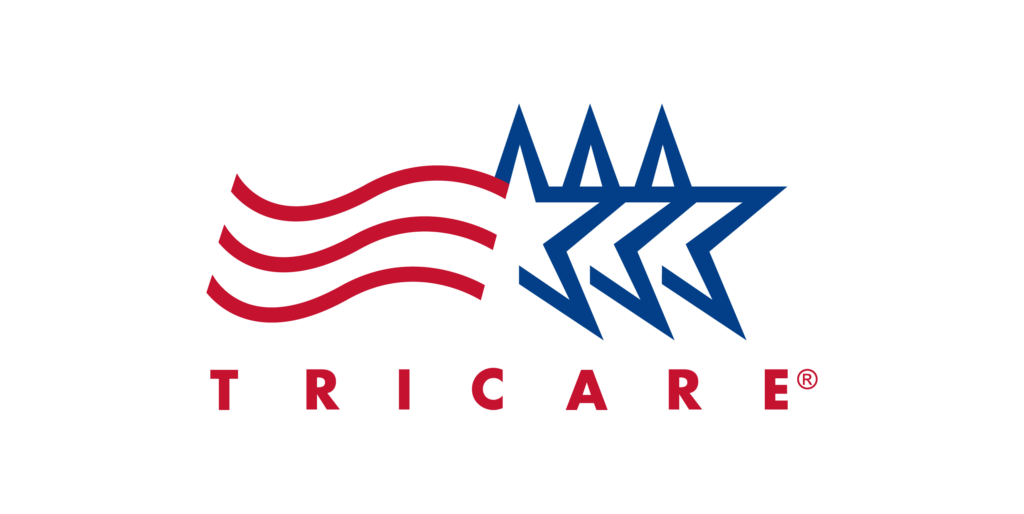
What is IVF?
IVF is a sophisticated fertility treatment where eggs are harvested from the ovaries and fertilized with sperm in a laboratory. The resulting embryos are carefully monitored and transferred into the uterus offering the highest likelihood of a successful pregnancy.

How IVF Works?
Starting an infertility treatment is a significant step in your fertility journey. IVF, or In Vitro Fertilization, is a carefully orchestrated process. Each phase involved is designed to maximize your chances of success, from the stimulation of your ovaries to the moment a pregnancy is confirmed.
This overview will walk you through each essential step, ensuring you know what to expect at every phase.


+ Sperm collection: Involves collecting a semen sample and processing it in the lab to isolate the healthiest and most motile sperm. This ensures that only the best sperm are used to fertilize the eggs.




When IVF is the Right Choice
For those encountering obstacles in their fertility journey, IVF IVF can provide the advanced support needed to increase the likelihood of a successful pregnancy. When standard approaches prove insufficient, Our tailored approach at Procreate Fertility Center ensures that each patient receives the care and technology necessary to overcome these challenges, including specialized services for LGBTQ+ families.
When IVF is the Right Choice
For those encountering obstacles in their fertility journey, IVF IVF can provide the advanced support needed to increase the likelihood of a successful pregnancy. When standard approaches prove insufficient, Our tailored approach at Procreate Fertility Center ensures that each patient receives the care and technology necessary to overcome these challenges, including specialized services for LGBTQ+ families.
When IVF is the Best Option
Although IVF is a well-known and advanced option, it’s important to remember it’s not the only one. However, IVF is often the most effective approach for the following conditions:
When IVF is the Best Option
Although IVF is a well-known and advanced option, it’s important to remember it’s not the only one. However, IVF is often the most effective approach for the following conditions:

Why In Vitro Fertilization (IVF)
High Success Rates
Precise Laboratory Procedures
Technological Advancements
Personalized Treatment Plans
Diverse Use Cases
Affordable Care for Priceless Beginnings
Transparent Pricing. No Surprises.IVF Treatment Starting at Just $8,188.00
Loading..........
The Data is Not Available
*Payment in full due at Pre-Op appointment. ^Labs will be billed to your insurance. ^^Patients are responsible for all Non-Covered services as indicated by their insurance plan. ~ If the surgery needs to be canceled you will be refunded all services not provided. Surgeries which are canceled or rescheduled without ten (10) business days’ notice in advance will be subject to a $250.00 Fee requirement prior to rescheduling a new date and time.
All Insurances Welcome – Your Coverage, Our Care.
IVF Success rates
Over the last 50 years, IVF success rates in the U.S. have significantly improved. In the late 1970s, success rates were below 5%, but advancements in technology, laboratory techniques, and personalized treatment have steadily increased these rates. By the 1990s, success rates rose to 20-25%, and by the 2000s, they reached 30-40% per cycle for women under 35. As of the 2020s, success rates are around 45-55% per cycle for women under 35, with continued improvements in treating older women and those with specific fertility issues. Key factors include better embryo culture, genetic testing, and tailored ovarian stimulation protocols.
2024 Procreate Fertility IVF Pregnancy Success Rates
No Data Found
Y Success Rate (%) by X Decade
No Data Found
Y Success Rate (%) by X Age Group
No Data Found
- Women under 35 years old: Approximately 40-50% per cycle.
- Women aged 35-37 years: Around 35-40% per cycle.
- Women aged 38-40 years: Approximately 25-30% per cycle.
- Women aged 41-42 years: About 15-20% per cycle.
- Women over 42 years old: Typically 5-10% per cycle.
IVF Pricing & Payment Plans
Get An Appointment
Your information is safe with us. We respect and protect your privacy. We will not rent, sell or share your personal information with outside companies for their promotional use. We will not distribute your personal information to outside parties without your consent.

Frequently Asked Questions
Ready to Take the Next Step?
Understanding your fertility health is the first step toward achieving your dream of parenthood. Let us provide you with the answers and guidance you need.







